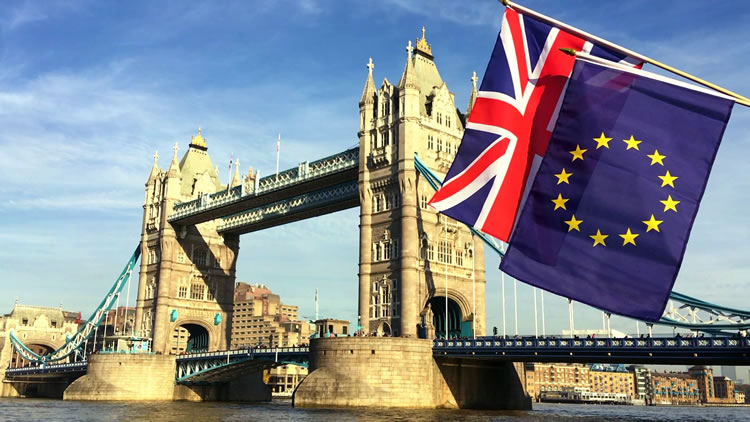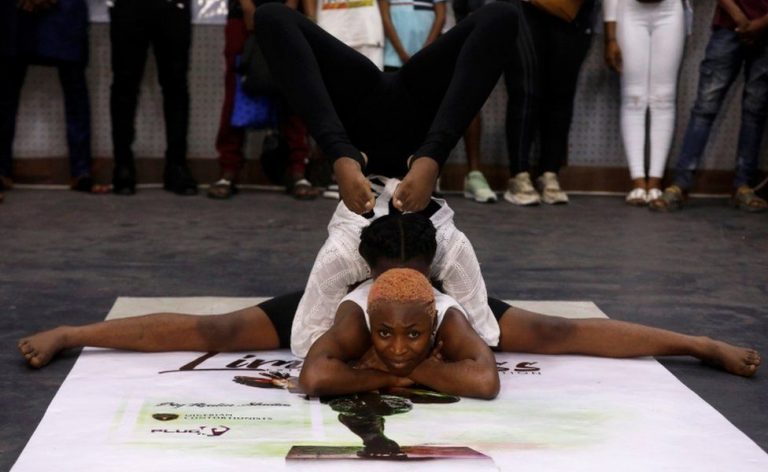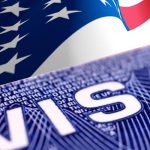Africans More Likely To Be Refused Short-Term Visas – Report
- Home
- Africans More Likely To Be Refused Short-Term Visas – Report

Africans More Likely To Be Refused Short-Term Visas – Report
 Africans seeking short-term visas in the United Kingdom are more than twice likely to be refused than other applicants.
Africans seeking short-term visas in the United Kingdom are more than twice likely to be refused than other applicants.
That is according to a report that found the Home Office responsible for financial discrimination and careless decision making.
After six months taking evidence from people working across a range of sectors, cross-party parliamentary groups for Africa, Malawi and diaspora, development and migration report that UK visitor visas are “inaccessible to many Africans, under-resourced, unaccountable and widely perceived as biased or even discriminating against Africans”.
Labour MP Chi Onwurah, chair of the all-party group for Africa, said: “At a time when the UK needs to be ‘open for business’, the broken visas system is doing severe damage to UK-Africa relations across a variety of sectors. It is embarrassing, patronising and insulting to African applicants and leaves the slogan of ‘Global Britain’ empty and meaningless.
“Many of those who gave evidence felt UKVI’s systems in Africa… looked to place… barriers and impediments in the way of applicants, in order to deliberately decrease the number of applications received as more and more people are put off visiting the UK.”
In one case, senior producers at the London international festival of theatre told the committee that they were unable to bring a dancer from the Congo to perform his personal experience of the civil war. The reason given for refusal was that they had not done enough to recruit dancers from the UK for the role.
One problem faced by visa applicants was being required to travel hundreds of miles simply to apply for a visa. Another was financial discrimination, such as people being rejected because they don’t have enough money in their bank accounts. This was given as a refusal reason even where all expenses were being paid by British sponsors.
The lack of an appeals system was also cited as a major problem, meaning that the only way to challenge a refusal is to begin again with a costly new application.
There are dedicated centres both for visa applications, which have to be made in person, and the consideration of requests. Since 2007, when this system was put in place, the UK government has closed visa sections in high commissions and embassies.
Information obtained during the cross-party investigation showed there are now only two major decision-making centres for the whole of Africa, one in Pretoria and one in Croydon. The report argued this means decisions are taken “thousands of miles away from the place of application… and far away from local expertise, context and insight that could previously be provided by local embassies”.
Last month, the Guardian spoke to several African researchers about the “arbitrary” reasons they received for failed UK visa applications. As well as being rejected for having too little money, some applicants were told they had too much money, or were rejected for not having children because this made them “likely to fail to return home”.
In April, a team of six Ebola researchers from Sierra Leone was unable to attend training in the UK, funded by the Wellcome Trust as part of a £1.5m flagship pandemic preparedness programme. The same month, only one of 25 researchers scheduled to participate at a workshop at the London School of Economics Africa summit was present.
A major concern mentioned by many who gave evidence for the report was the apparently hostile and disbelieving nature of many refusals. One highly experienced Ebola researcher refused a UK visa was told: “On the balance of probability, we don’t believe you are a researcher.”
The chair of the UN Educational, Scientific and Cultural Organisation (Unesco), the UN’s cultural body, recently warned that major conferences will in future be held outside the UK because of visa difficulties. The LSE and University of Sussex are already holding conferences outside the UK to avoid visa delays and refusals, even when the conferences are funded by the British government.
The report’s authors said the problems inherent in the system were “easily remediable”, suggesting faster processing for people having to travel long distances to apply, as well as an end to financial requirements for visitors who are fully funded by UK institutions.
The MPs also said refusal letters should be more carefully scrutinised before being sent out to avoid prejudice or biased assumptions.
Onwurah said: “It needs to be recognised that no single issue does more damage to the image or influence of the UK in Africa than this visa question.”
Source: Aljazeera.com/guardian.co.uk
- Share
Classic Ghana
Classic Ghana brings you into a fun world of arts, entertainment, fashion, beauty, photography, culture and all things in between. Let’s explore these together!







